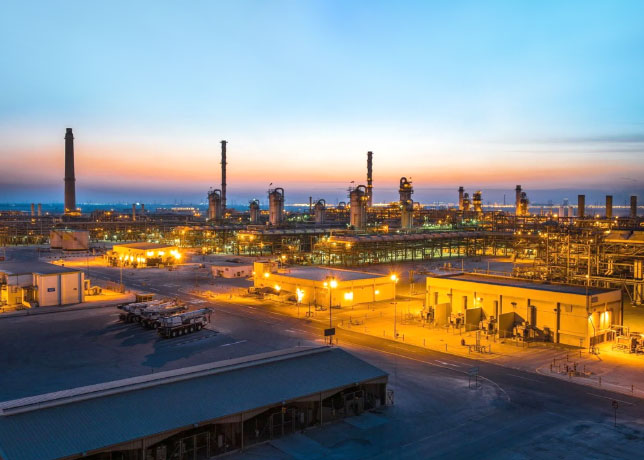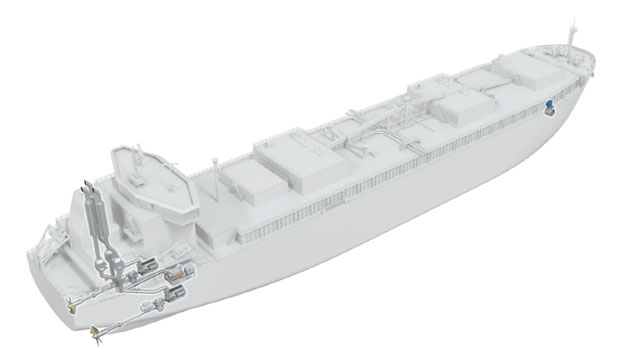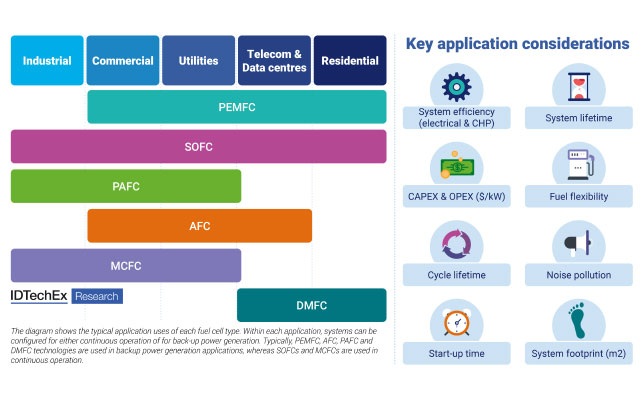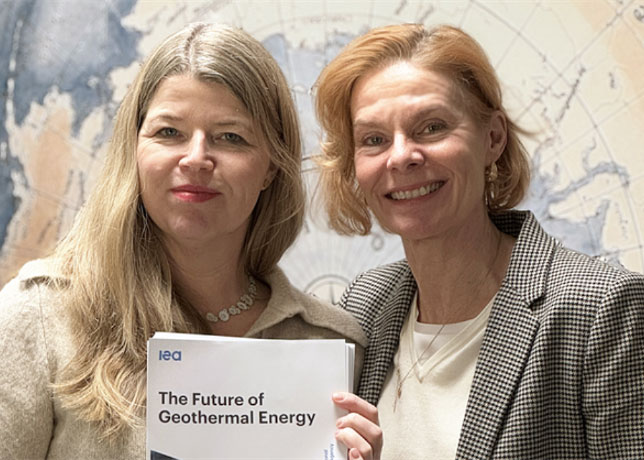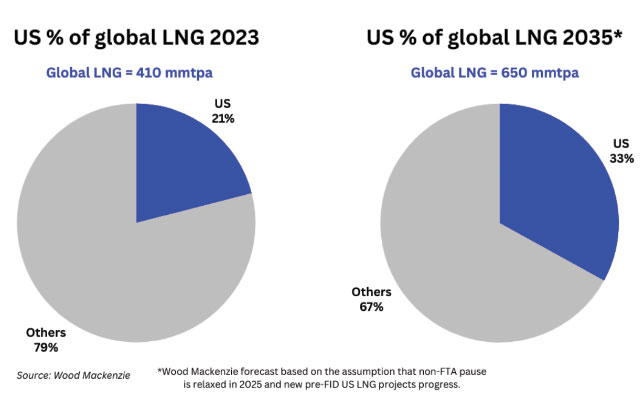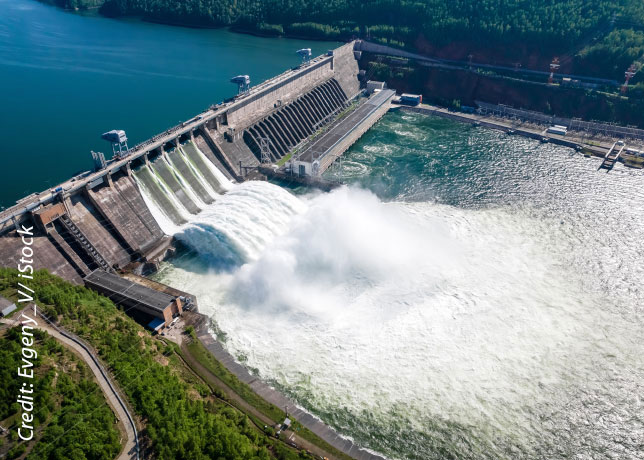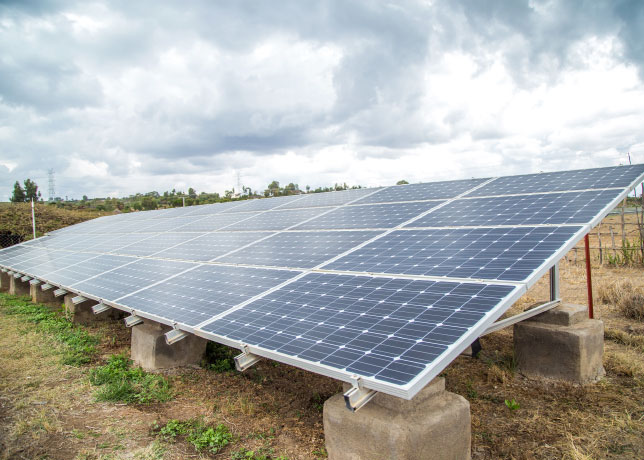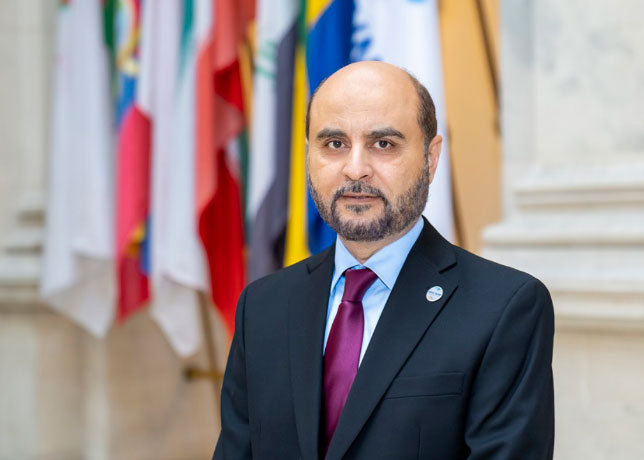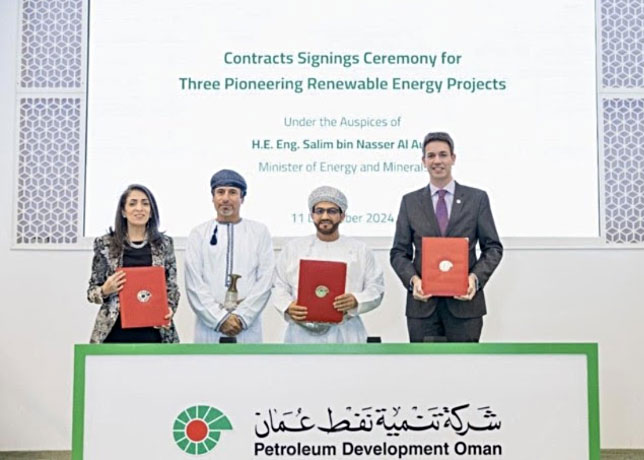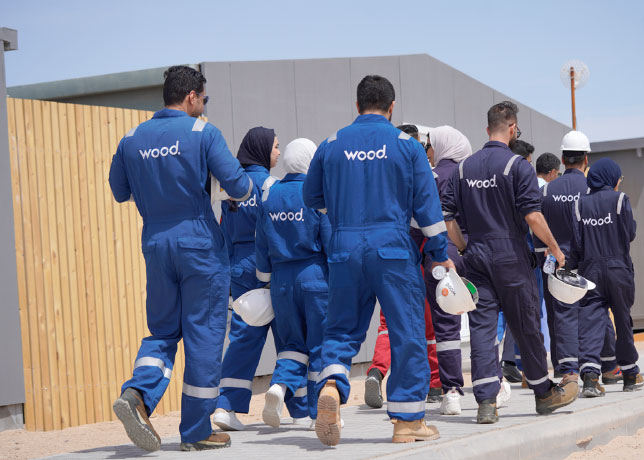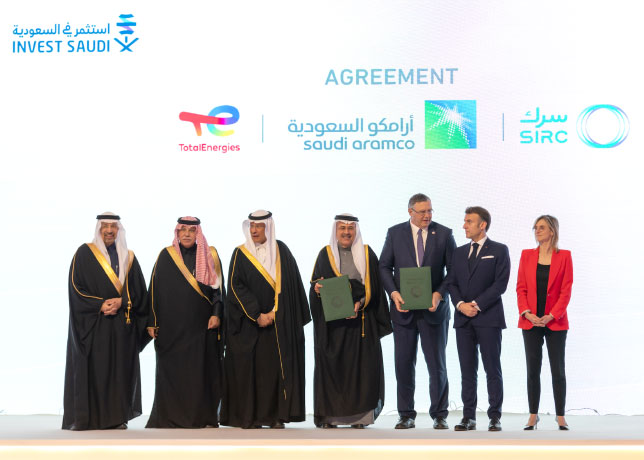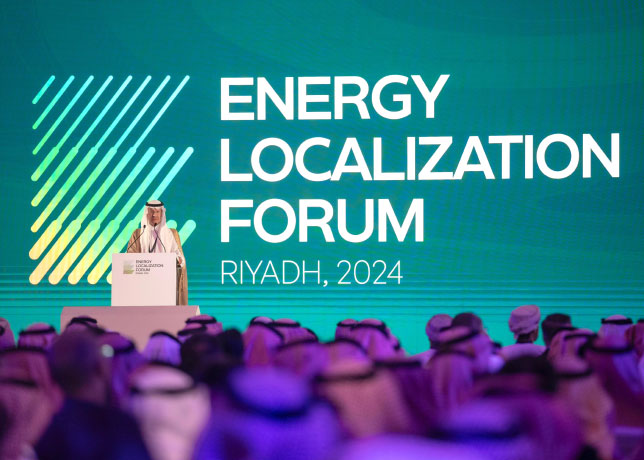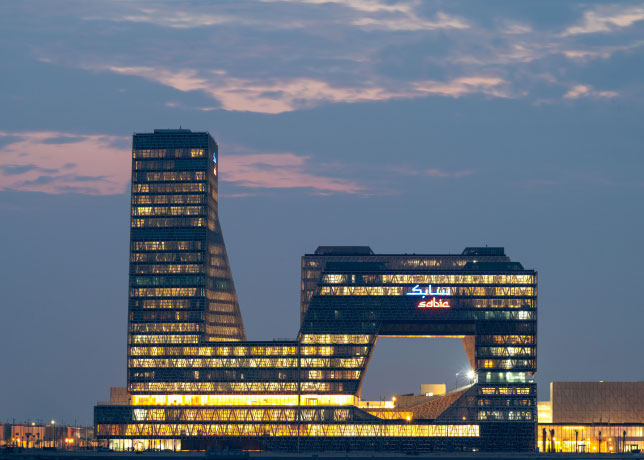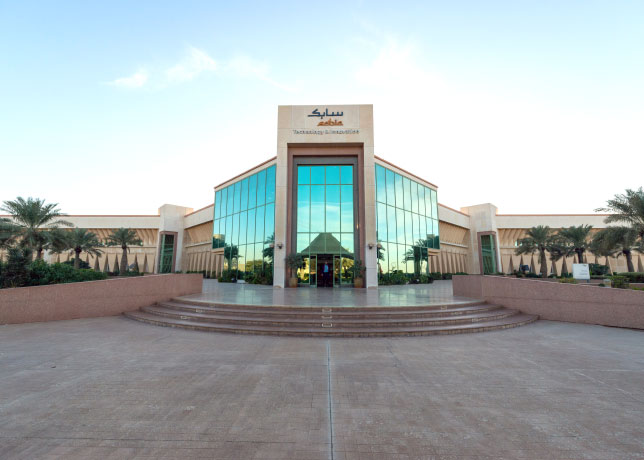 Image by NiseriN/ iStock
Image by NiseriN/ iStock
Growth in the Middle East and North Africa region is expected to rebound to 4 per cent next year, but will hinge on a phase out of oil production cuts and headwinds subsiding, including from conflicts, the International Monetary Fund (IMF) said.
Growth in the region will remain "sluggish" at 2.1 per cent in 2024, according to the IMF's latest Regional Economic Outlook, launched in Dubai, lower than earlier projections as geopolitical and macroeconomic factors weigh.
The IMF cautioned that risks to the outlook for the whole region, including the Caucasus and Central Asia, "remain tilted to the downside," and called for an acceleration of structural reforms, including in governance and labour markets, to lift prospects for medium term growth.
For 2024, the MENA growth estimate has been revised downwards by 0.6 per cent from April's report, mainly due to the extension of the Israel-Hamas conflict and further extensions of Opec+ voluntary oil production cuts, Jihad Azour, the IMF's director for the Middle East and Central Asia department, said in an interview.
He added that the "good news" was that inflation was gradually being brought under control across the region, and expected to average the 3 per cent target rate in 2024, with the exception of Egypt, Iran and Sudan.
However, the outlook varies considerably across the region, with oil exporting countries expected to cope better with potential risks, supported by "strong" non-oil sector growth, Azour said.
Amid lower oil prices and lower oil production this year, non-oil growth in the Gulf Cooperation Council (GCC) region, has mostly outperformed overall growth as government led investment programmes help drive domestic demand. Saudi Arabia, Kuwait, the UAE, Qatar, Bahrain and Oman are part of the GCC.
Middle East and North Africa oil importers remain more vulnerable to ongoing conflicts and high financing needs.
"Even as these issues gradually abate, uncertainty remains high and structural gaps will likely hold back productivity growth in many economies over the forecast horizon," the IMF report said.
The IMF has approved $13.4 billion in new funding to Middle East and Central Asian countries since January 2024, including for programmes in Egypt, Jordan and Pakistan. -Reuters






